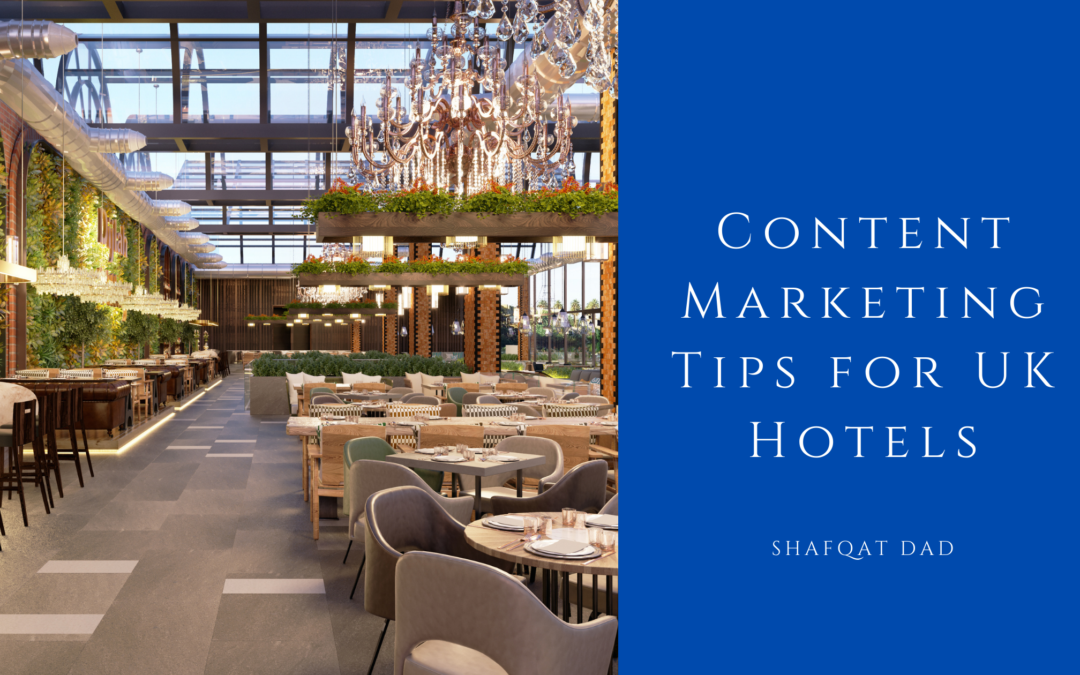Due to the COVID-19 pandemic, traveling is limited, making content marketing all the more important for businesses going forward. Any industry needs to observe uniqueness, authenticity, and helpfulness to be successful in content marketing. That helps increase revenue, and build website engagement and traffic for hotels. Therefore, hotels utilizing content marketing should create strategies that suit their business, enhance trust in their brand, and target their intended audience.
How Hotel Content Marketing Works
Honing successful content marketing can be hard to achieve. But once achieved, it can build a strong relationship with the company’s target audience by offering quality, relevant, and helpful information. Before creating and releasing content, companies should ensure it covers their customer’s challenges, responsibilities, and moods.
Hotel content includes virtual tours, podcasts, images, videos, and blogs, ensuring the quality of each is vital as it increases hotel trust and conversions. Search engine optimization is also a key for successful content marketing, especially digital. The following are ways in which UK hotels can succeed in content marketing.
1. Be creative with blogs
People read blogs to increase their knowledge on a particular subject, gain inspiration, and even learn new skills. Therefore, hotels need blogs not just to sell or promote, but incite creativity and provide assistance. However, they can, and should, link their websites back to blogs to push their customers in their sitemaps (from an SEO standpoint).
2. Market hotel food and beverages
Most hotels make their food and beverages (F&B) reach as far as hotel kitchens and dining tables. However, they can turn hotel F&B into content marketing by creating online cookbooks. These cookbooks can contain recipes, cooking tips, inspirations, and more.
3. Virtually invite guests and planners
Allowing planners and guests virtual access to hotel meeting spaces is a way of building hotel content marketing. They get a sense of the rooms, restaurants, lobbies, and meeting rooms, making them feel that their well-being is a priority while not actually being there physically.
4. Create podcasts to inspire listeners
During the COVID-19 pandemic, many companies turned to content to maintain relationships with prospects and clients. One of the more successful forms of content has been podcasts, used for entertainment, inspiration, and learning. Over 7.1 million people in the UK listen to podcasts each week.
